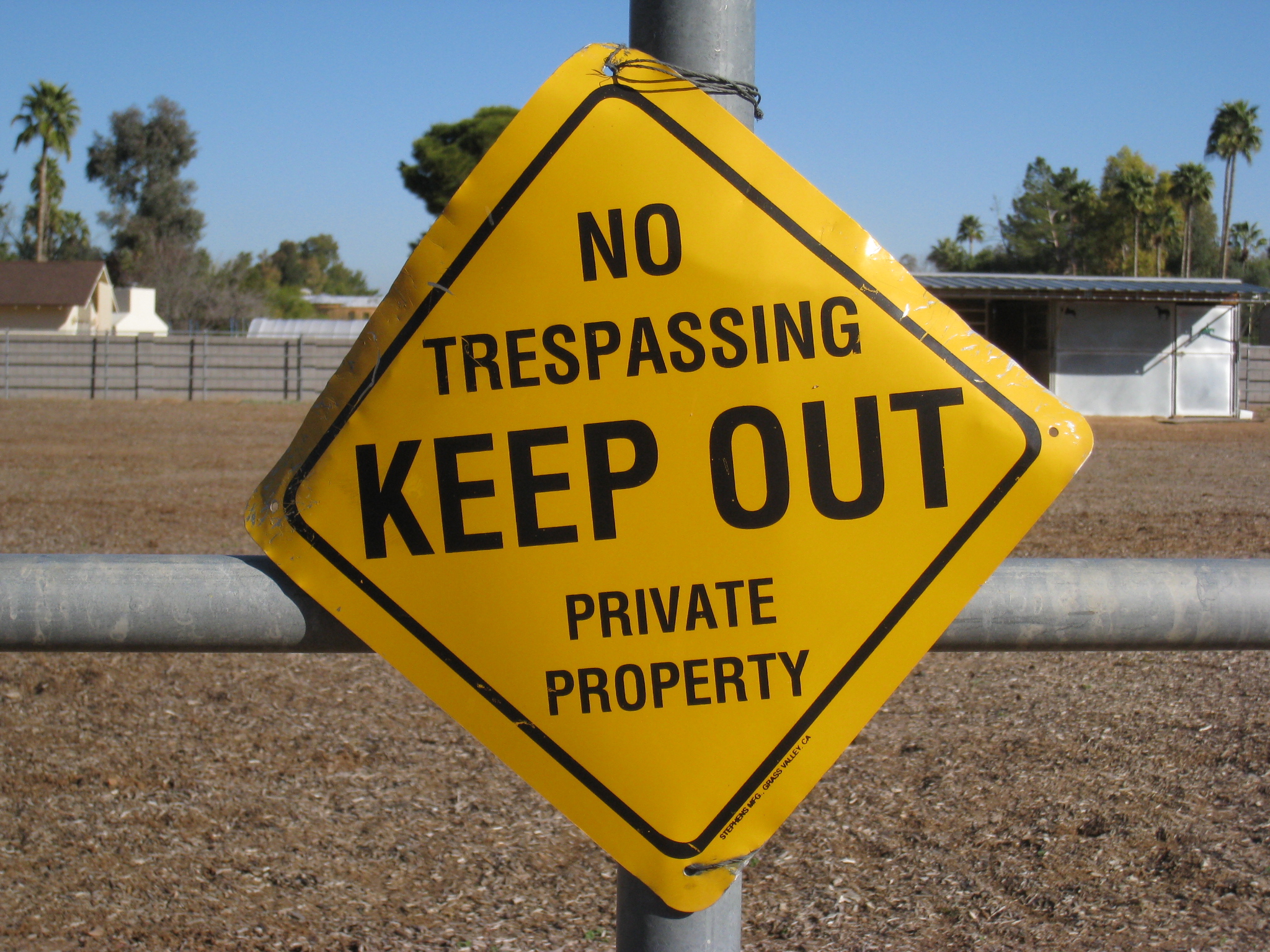I sometimes wonder what Jesus would say about religion today if he came back. Who would he be spending his time with, and reaching out to? And who would he be speaking out against, and challenging?
In the Bible, back in the first century AD when Jesus was around, this is fairly clear. Jesus reached out to sinners; and challenged the Pharisees. But this is something that is actually quite complex and deep, that I want to dive into a bit here. Because I think it might reveal something about us as a church, and us as Christians.
Let's first look at the people that Jesus challenged. The "villains" of the gospels, that everyone knows to hiss and boo at. The people that would constantly butt heads with Jesus - the Pharisees, sometimes along with the teachers of the law, and the chief priests as well. And the strange thing about these groups is this; that before Jesus came along, these were the people that the Jews were looking up to. They were the spiritual and religious leaders of the community. Not everyone may have agreed with them, or liked them, perhaps, and there were divisions (as there are in any society), certainly - but for the majority of the population, these people were the primary example of what following God faithfully looked like.
Then Jesus came along. And he started to challenge them; saying that they were putting God into a box, changing what his law meant, that they did not truly understand or know God. That they were leading his people astray. Strangely, most of them didn't like that very much - though we do get occasional examples of Pharisees following Jesus, the most famous instance probably being Nicodemus, who had a great conversation with Jesus recorded in John 3 (containing the famous John 3:16 passage); and in Acts and Paul's letters, we see further instances of Pharisees being among the followers of Jesus. But by and large, in the Gospels, this was not the case.
Who did he call, then? Who did Jesus spend his time with? Sinners. And, more specifically - as any Christian can tell you that all have sinned and gone astray and etc - those that were shunned and rejected by society, particularly religious society. Tax collectors, prostitutes, the diseased and sick. These were the people that he was sitting down to eat with, that he was calling as his disciples, that were found amongst his followers. And, in fact, Jesus welcomed all to join him - he wasn't exclusive - but many chose not to. Many decided that it was wrong, or not good; that what he was preaching was false, heretical, blaspheming. They hung him on a cross. He loved them anyway. He loved them all.
I wonder if Christians today can say the same. Can we say that we love all people? Can we say that we welcome all people into our churches, our communities? And is that what our actions demonstrate - or do our actions demonstrate something else? How do we treat people that have divorced, or remarried? Had an abortion? Single? Married with no kids, and no plans to have any? Transgender? In a same-sex marriage? Homeless? Different cultural backgrounds? And there are many others I could try and list here that the church has often grated against; sometimes because of beliefs people have had, but sometimes simply because of people being different. And the all-too-human fear we have of those that are different.
But God calls us to love. God calls us to extend grace. He does not call us to judge - he makes it very clear that he and he alone is the judge, not us. All too often, we misunderstand God's heart and words and meaning. If the Pharisees were doing so with the Old Testament in Jesus' time - why do we think we are doing so much better with the New Testament in our time? Have we not imposed our own laws and rules and ways of living, just as the Pharisees did in their time? Have we not come up with our own measures of holiness, and of right living, just as they did? We are not so different. And so God calls us to change. He calls us to love. To love those that we have so often excluded, and fought with, and maligned, and turned away from God. To ask for forgiveness, from God and from them.
We might not know what that looks like. How to do that. So let us start as Jesus did - with an invitation. An invitation to love, to fellowship, to family. To communion, to freedom, and laughter, and joy. Let us no longer be exclusive. Let us no longer worry about what this person will think, or that person will think. Let us worry about who knows the love of God, and is in relationship with him. And let us not assume that just because they are not in our "hallowed halls" that God has not already been making himself known to those that we have turned away; for he works in all places, and excels in reaching the outcast and the broken.

No comments:
Post a Comment
Please, tell me what you think. I'm not psychic, and I want to know :)